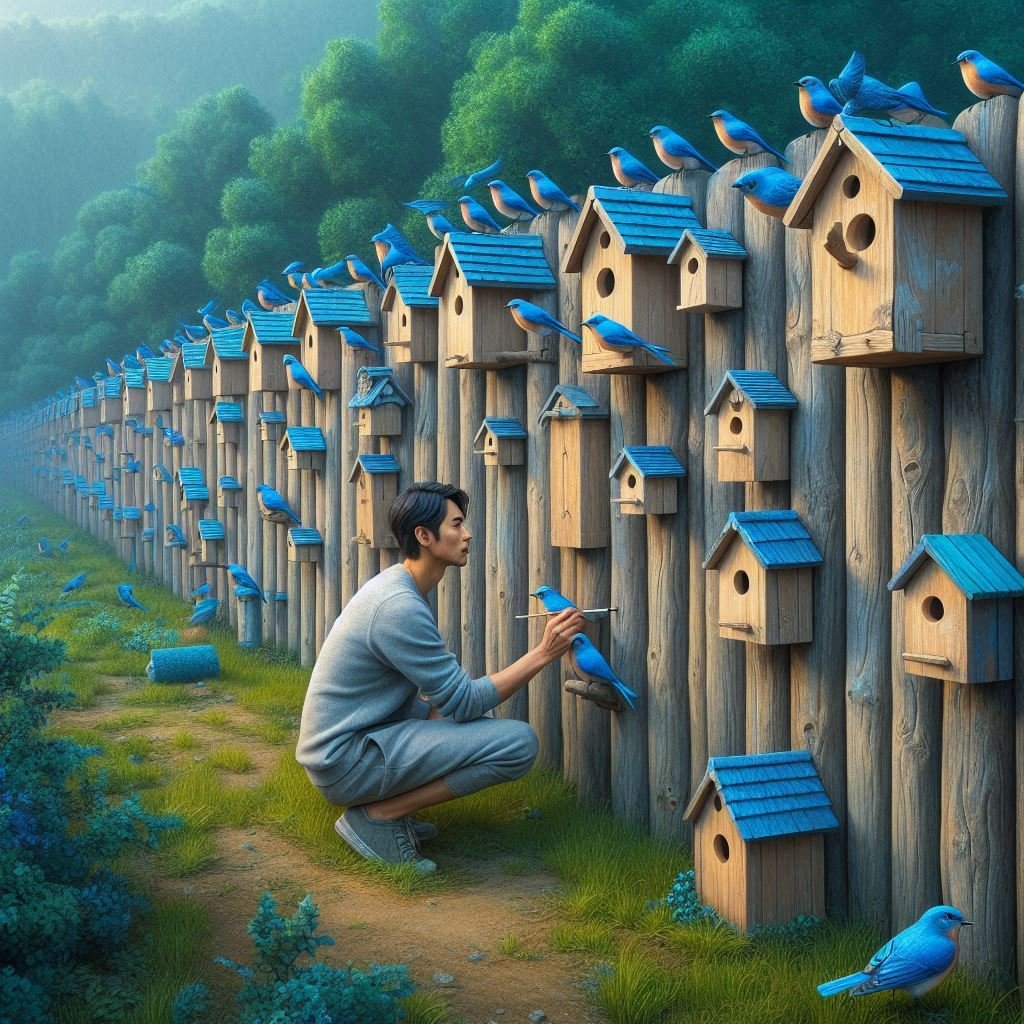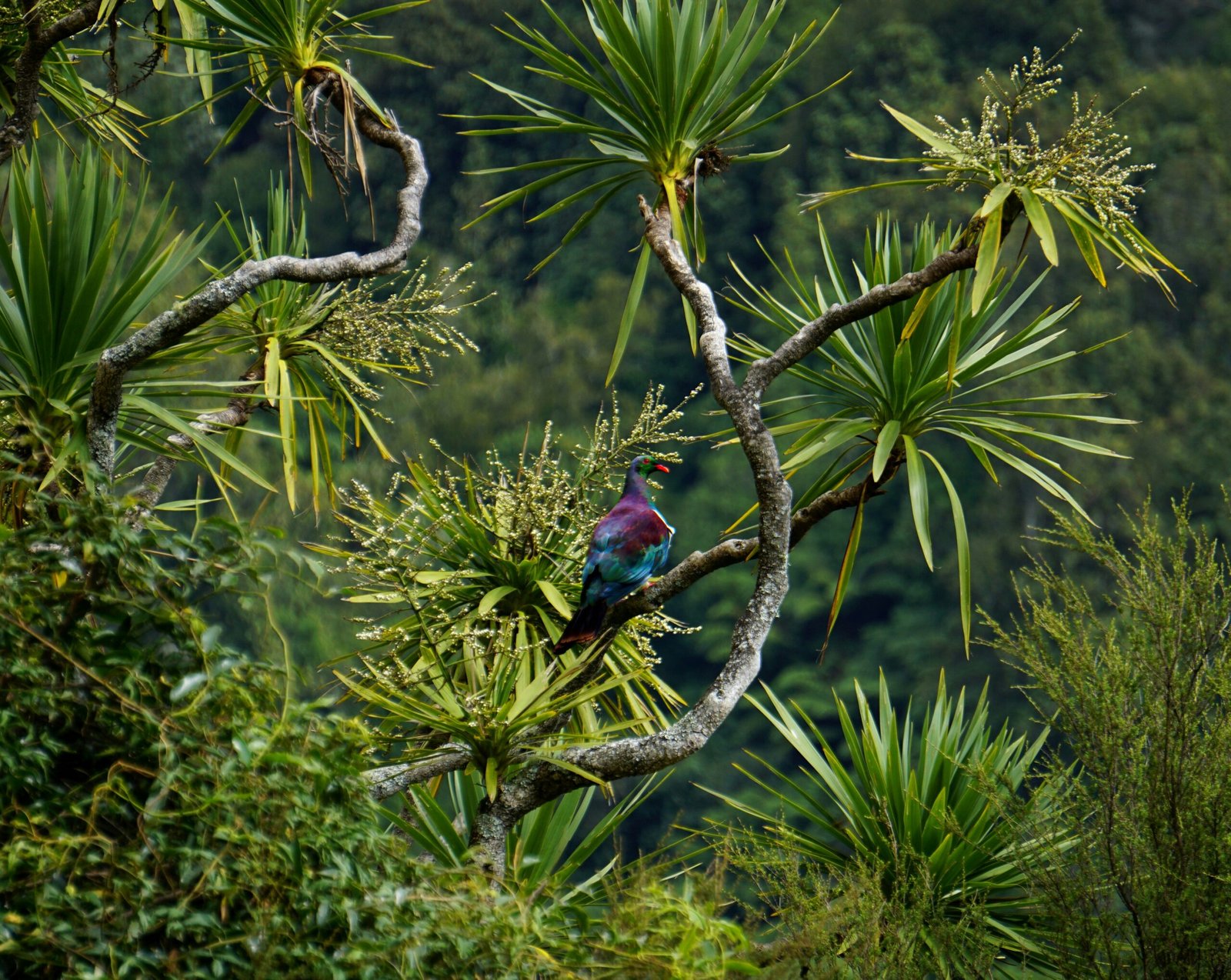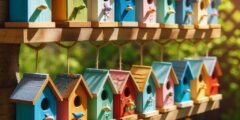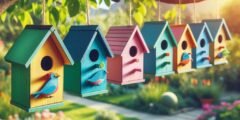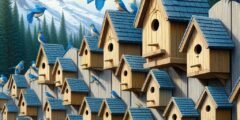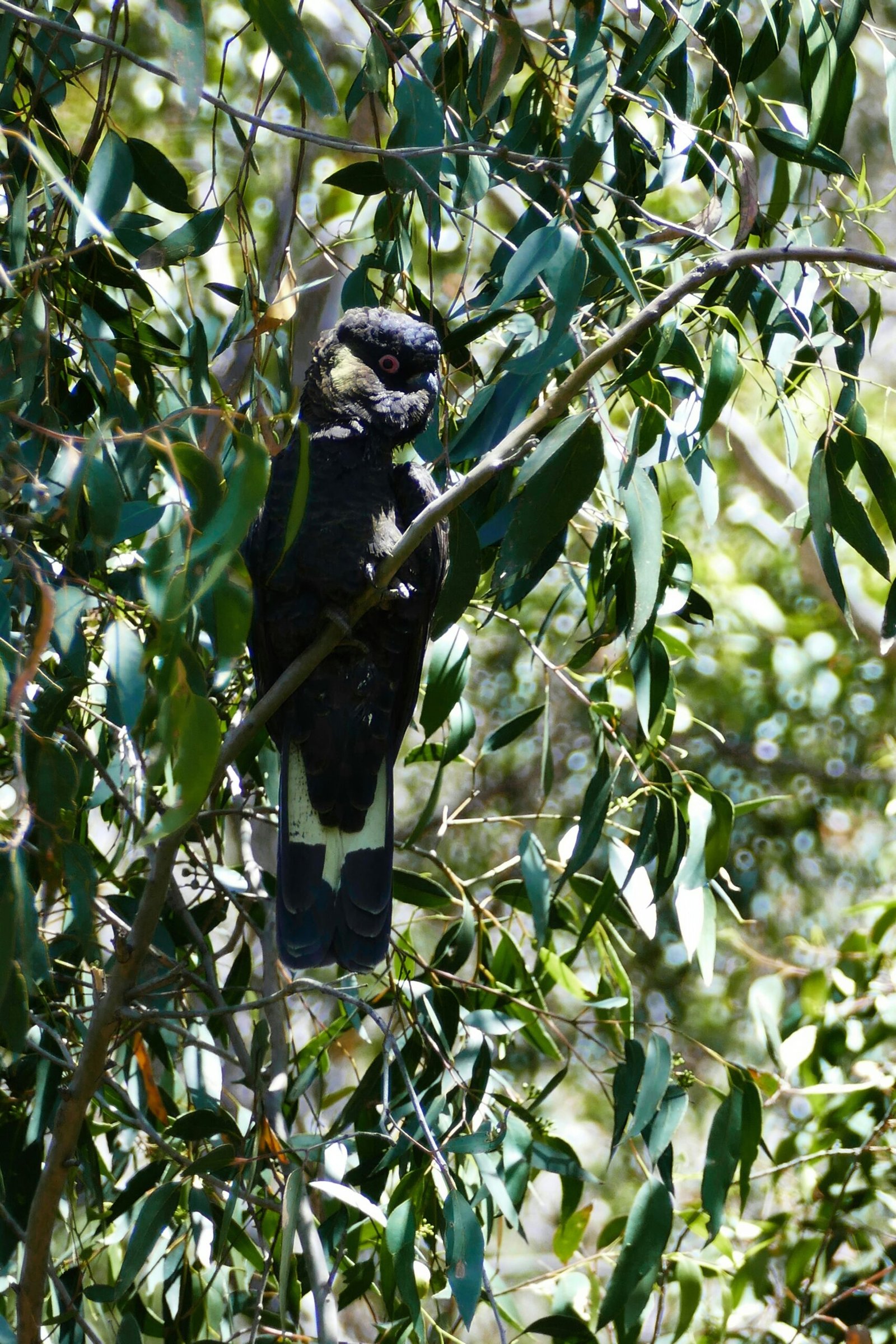It is very important to take proper care of the bluebird houses in order to have good health of these beautiful birds. A clean, well-managerial environment is achieved so that the bluebirds can nest without being threatened by parasites, old nest materials, etc. Nonetheless, there is a close relationship with timing of cleaning the blue bird houses and their nesting productivity. Cleaning them at the wrong time could even mess up their breeding base, and in essence, make them abandon their nest, not to mention having few chances of making young birds.
It is always important to know the right time to conduct sanitation on bluebird houses because this will disturb the nesting cycle of the birds. Timing is appropriate not only to the behavior patterns necessary for enhancing the growth of the bluebirds’ population but also to the promotion of a healthier population as well. They intend to give more specific directions regarding cleaning schedules and rules of the blue bird houses so that fanatics and birding lovers can perform the right actions to help those architectural dwellings without bothering some birds’ stress.
When you follow these guidelines, you would support the bluebirds’ conservation and enable them to play their part in our ecosystems. The next sections will be dedicated to the description of the specifics as to when and how often, the bluebird houses should be cleaned so that you can watch these beautiful birds and help them bring more bluebirds into the world.
When to Clean Out Bluebird Houses
After Each Fledging
Bluebirds have more than one brood in a nesting season as a usual practice. Consequently, there is a necessity to clean bluebird houses as soon as all the children from the particular brood have flown the coop. This act enables the house to be ready for the other set of eggs so that the new chicks may be safe and comfortable. Cleaning at this stage also eradicates elements of parasites that may be fatal to the health of the incoming brood. Thus, ornithophiles will help maintain its constant and healthy breeding success throughout the year by following this timing.
Late Summer Cleaning
In case such a chance is not availed, another appropriate time for the activity can be in the late summer. At this time, usually all the nesting activities of bluebirds are completed and one can be fairly certain that no more broods will be reared during the current season. This time is perfect to clean this shelter and make sure that bluebird house is ready for another round of nesting. Habits and other materials must be flushed out during late summer before returning to the nest in the next season when bluebirds would come around.
Fall or Early Spring Cleaning
In some bluebird houses cleaning should be done in the fall, while others suggest waiting until early spring. This advice is given on the basis of other birds that may perch on the wall of an empty house to spend the cold night. Cleaning, therefore, should be done in the fall, so that the house can act as a warm shelter for a variety of birds during the remaining cold winter. On the other hand, early spring cleaning prepare the house to be in the best condition during the period when the bluebirds start to nest. Both timings are good and the decision on which time to use is largely going to depend on the circumstances and the preference of the person owning the blue bird house.
Why the Timing Matters
The time when the bluebird houses are cleaned may also cause significant concern to the health and well being of the birds. Bluebirds are known to be a species that can easily be displaced by human disturbances, particularly during their breeding seasons. If one practices this at the wrong time then it comes with a lot of dangers in the sense that it may force a nesting pair to desert their chicks and even the nest site in the process. This loss can lead to the death of eggs or young birds that are not capable of surviving on their own.
Thus, it is advisable not to clean out the bluebird houses until the fledging or the nesting season is over in order to avert these negative impacts. Fledging usually occurs at the age of 18-21 days from the time the eggs hatched. At this stage, the young birds have been able to grow to fledge and can start their independent lives. After the birds have been hatched and have grown feathers to fledge, cleaning the house is not likely to be a problem that will interfere with their growth or lead to abandonment of the nest.
Furthermore, it is equally important to check any bluebird houses for parasites. Some of the threats are: Mites, blowflies, house sparrows or even mice are likely to harm the nesting birds. Examples include mites and blowflies that sucked blood from nestlings and this can lead to their debilitation or death. House sparrows being aggressive competitors may just oust the bluebirds using their nests which sometimes leads to the death of the bluebird chicks. Mice are able to bring in parasites and diseases that put the survival of the bluebirds in jeopardy.
To overcome these issues, it is advisable to make periodic checks on the bluebird houses. If there is an infestation, it is best to act right away. In the case of mites and blowflies, one has to remove the nesting material, and wash the house with warm water and mild bleach solution, among other remedies. House sparrows may be managed by having sparrow-resistant nest boxes or by promptly removing their nests when identified. Mice can be managed by installing the nesting boxes on poles while making sure that there are proper guards against the mice from entering them.
Cleaning Do’s and Don’ts
In relation to this, it is necessary to understand that proper care of the bluebird houses is needed to support health of these birds and their proper nesting periods, while there is necessary to protect them from predators. Below are guidelines to follow, helping you understand when to clean out bluebird houses effectively and safely:Below are guidelines to follow, helping you understand when to clean out bluebird houses effectively and safely:
Safety First
In cleaning the bluebird houses, the first thing that one need to understand is safety. It is recommended that one should wear gloves to minimize contact with mites parasites or any other diseases. This is for your own safety as well as the welfare of the birds that are involved and are being used in the filming.
Use the Right Tools
Clean the interior part of the house with a soft brush and a solution of mild disinfectant. Do not enforce strong reagents for cleaning this area as they will be injurious to the chirping beings and their future generations. They should then wash the surfaces to ensure that there is no debris on the surfaces so as not to harm patients while at the same time not damaging the equipment through rigorous washing.
Let Nature Take Its Course
Notably, it is recommended to keep some nesting material because it is effective. Bluebirds can continue to use any remains of the former nests for the new batch of eggs or chicks. This practice may make them avoid exhaustion and efforts and channel all their energy to create a better nesting environment.
Inspect for Damage
When re-establishing the pieces and strings of the actually house in position ensure that it has no flaw. Theirs are mainly to inspect the chambers searching for any cracks or broken parts that pose a risk to the bluebirds. Take correction to any damage as early as possible to make the house ready for the nest of the coming season.
Monitor for Infestations
It is also important to check the bluebird house for signs of other inhabitants that one may not want in the house such as wasps, ants among others. If any are sighted, one needs to clean the house to ensure no harm comes to the bluebirds. Being able to watch over the house may help them minimize the impact of their presence on any infestation’s natural life cycle.
FAQs
When is the best time to clean out bluebird houses?
Clean them out after each brood has fledged and before the next nesting cycle begins.
What should I do if I find parasites in the house?
Remove all nesting materials, clean thoroughly with a mild disinfectant, and let the house dry completely before reassembling.
How often should I check for damage?
Inspect the house at the beginning and end of each nesting season, and periodically throughout the year.
For more detailed information, you can visit the following resources:
- North American Bluebird Society
- Audubon
- Sialis
- All About Birds
- Annenberg Learner
- Cornell Lab of Ornithology
- Bird Watching Daily
- NestWatch
- Birds and Blooms
- Wild Bird Watching
In conclusion, strictly adhering to these guidelines on what to do and what not to do during cleaning can go a long way in improving the experience of the bluebirds in the nesting period. With the measures like safety, proper tools, natural occurrence, inspecting, and monitoring for infestations, you get to provide a safe and healthy atmosphere for these beautiful birds.
